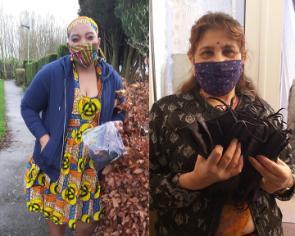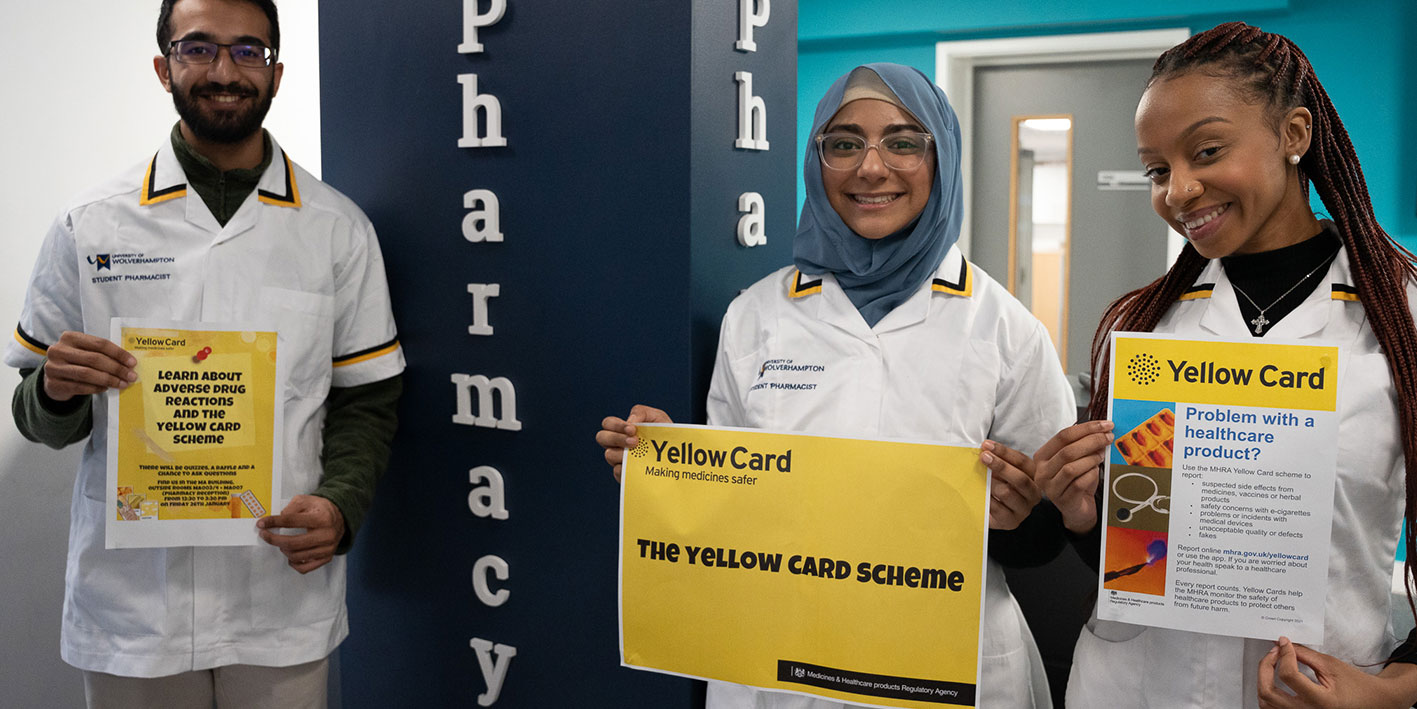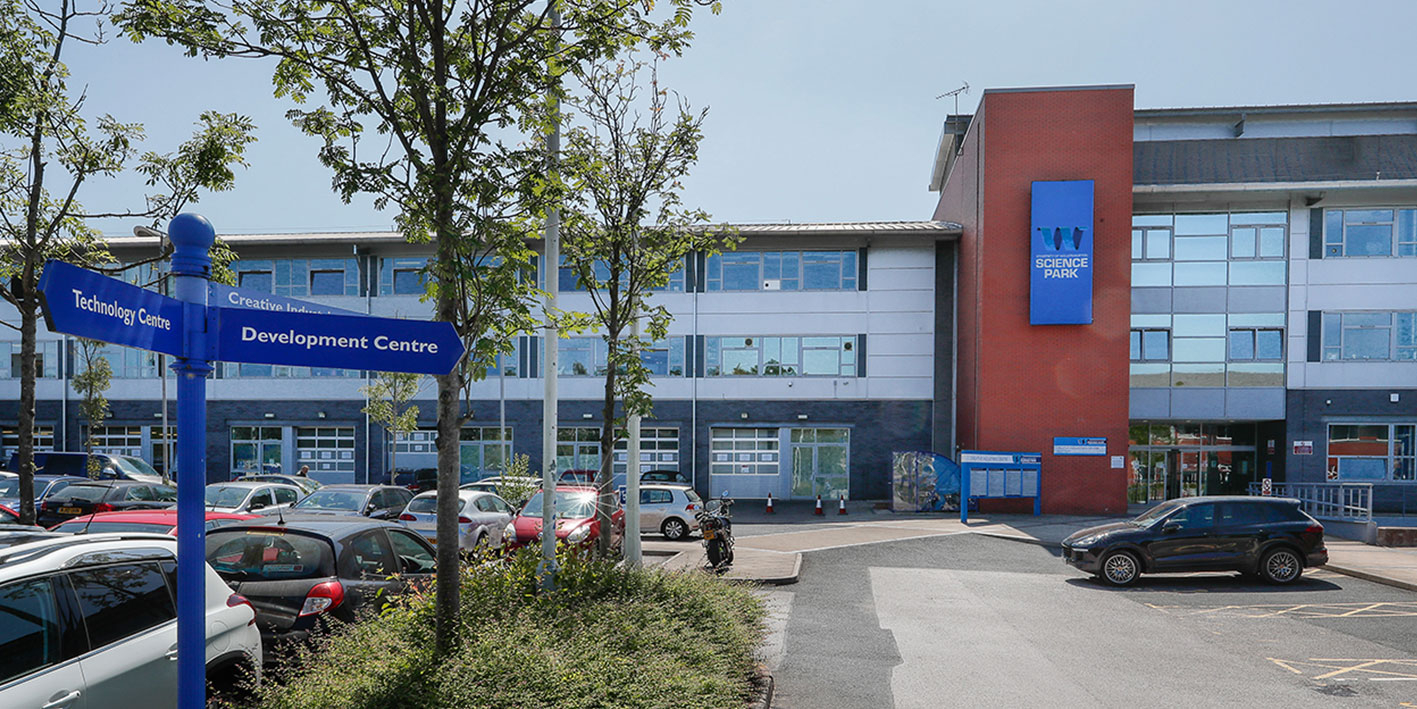
Wolverhampton celebrates lifelong learning on International Day of Education
The Wolverhampton City Learning Region, a partnership between the University of Wolverhampton, City of Wolverhampton Council and key learning and community partners are celebrating International Day of Education on 24 January 2021 by profiling how learning and education are vital to the city’s recovery following the challenges of the Covid-19 pandemic.
City of Wolverhampton is one of only three cities in England that are members of the prestigious UNESCO Global Network of Learning Cities after the University and Council launched the City of Wolverhampton Learning Region Initiative with key partners and organisations linked to economic and social development in 2017. Partners include Wolverhampton Learning Platform, City of Wolverhampton College, Adult Education Wolverhampton, Local Enterprise Partnerships, community and voluntary sector, employers, schools and colleges.
The UNESCO Global Network of Learning Cities aims to put learning at the heart of cities globally - learning of all types, for all purposes for people of all ages, making an important contribution towards achieving sustainable development goals. It consists of over 200 cities in 64 countries and Wolverhampton learning city works closely with cities around the world.
The Mayor of Wolverhampton, Councillor Claire Darke, shares a video message of support to celebrate the International Day of Education, supporting the city’s efforts to help residents through the challenges presented by the pandemic, including providing access to learning opportunities for those who have lost jobs through to helping them adapt their skills to find new employment or change careers.
Mayor Councillor Darke said: “Wolverhampton has developed a city-wide plan, Relighting Our City, which focuses on recovery from the pandemic. Organisations are working together to tackle digital poverty, teaching residents to use devices and software to access online learning and to connect with friends and family during periods of isolation and lockdown.
“We are proud to be a part of the International Day of Education and to celebrate the positive difference that learning and education can make to people’s lives and their health and wellbeing during difficult times.”
David Atchoarena, Director of the UNESCO Institute for Lifelong Learning (UIL), said: “Cities across the globe have been at the forefront of efforts to respond to the COVID-19 pandemic. Under immense pressure, they have implemented innovations in education and reinforced lifelong learning programmes. They have ensured that learning continued during the crisis, and that citizens of all ages benefited from health education so that they could take steps to protect themselves, their loved ones and society as a whole.
“On International Day of Education, I congratulate all UNESCO learning cities on their tireless efforts. I call upon everyone to use the valuable lessons learned during the pandemic for a future in which lifelong learning is a reality for all’.
Background on International Day of Education
The United Nations General Assembly proclaimed 24 January as International Day of Education, in celebration of the role of education for peace and development. Without inclusive and equitable quality education and lifelong opportunities for all, countries will not succeed in achieving gender equality and breaking the cycle of poverty that is leaving millions of children, youth and adults behind.
Background on the UNESCO Global Network of Learning Cities
The UNESCO Global Network of Learning Cities (GNLC) is an international, policy-oriented network geared towards knowledge production and sharing, peer learning and capacity-building. UNESCO GNLC members benefit from sharing lifelong learning policies and practices with other cities in the network; developing and exchanging knowledge on key challenges and solutions; taking part in training initiatives; and participating in regional and global events. Within the framework of its strategy for 2019–2021, the network is focusing on seven key priorities areas of action: education for sustainable development; equity and inclusion; educational planning, monitoring and evaluation; education for global citizenship; entrepreneurship; learning for health and well-being; and literacy.
For further information, check out the learning city’s website and the UNESCO Global Network of Learning Cities website.
For more information please contact the Corporate Communications Team.


/prod01/wlvacuk/media/departments/digital-content-and-communications/images-2024/240328-Varsity-Line-Up-Resized.jpg)
/prod01/wlvacuk/media/departments/digital-content-and-communications/images-18-19/220325-Engineers_teach_thumbail.jpg)
/prod01/wlvacuk/media/departments/digital-content-and-communications/images-2024/240404-Digital-Humanities-Training-Resized.jpg)
/prod01/wlvacuk/media/departments/digital-content-and-communications/images-2024/240320-Uzbekistan-Resized.jpg)
/prod01/wlvacuk/media/departments/digital-content-and-communications/images-2024/240229-The-Link-Resized.jpg)
/prod01/wlvacuk/media/departments/digital-content-and-communications/images-2024/240404-Pharmacy-Students-Resized.jpg)


